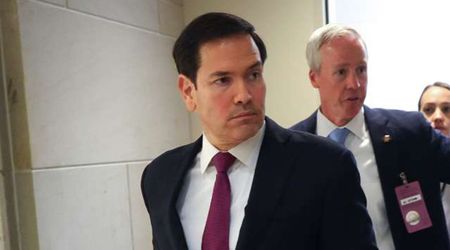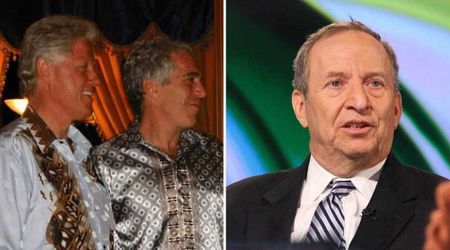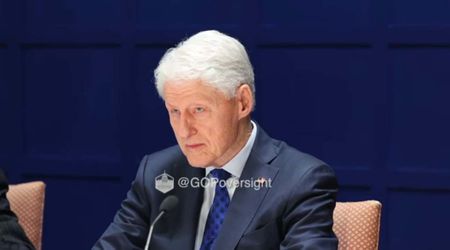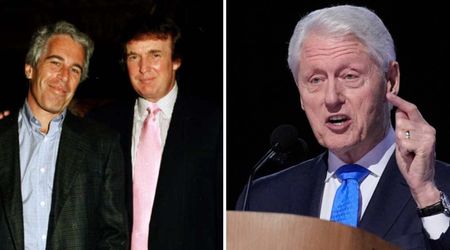Study reveals why Trump is popular among minority voters despite his 'insensitive' remarks

WASHINGTON, DC: A new study published in the peer-reviewed journal Psychological Science revealed one major reason why President Donald Trump is popular among minority voters who earlier supported Democrats.
The POTUS' 2024 win was in part due to his relative strength among Latino, Black, Asian, and Pacific Islander voters who drifted away from Democrats, according to Newsweek.
New study suggests minority voters saw Donald Trump as a 'strong leader'
The new study reveals that ethnic minorities were closer in their attitudes about "strong leaders" to right-leaning White Americans as compared to left-leaning White Americans.
Interestingly, Trump in the past has been compared to a "strong leader" and defined by the study as a leader who is "tough, ironfisted, and viewed by supporters as dedicated to the pursuit of their goals," per the outlet.

Krishnan Nair, a postdoctoral research associate at the University of Illinois Urbana-Champaign and an author of the study, informed Newsweek that it could have implications for Trump's electoral strength with some voting groups.
Moreover, the study revealed that levels of "generalized trust," the level of trust a person has in others living around them, were a key factor in shaping leadership preferences.
The study noted that while there have been decades worth of studies on support for strong leaders among the right, those have mostly been made up of white individuals, per Newsweek.

Nair shared, "Minorities across ethnic and political backgrounds are generally closer to right-wing Whites than to left-wing Whites in their preference for strong leaders."
"That's important because Trump being this prototypical strong leader, we also see a minority shift toward Trump even as Trump's rhetoric is viewed by a lot of people as being racially insensitive or offensive," the postdoctoral research associate added.
Researcher says minorities may have lower levels of 'generalized trust' if they are recent immigrants
Krishnan Nair also mentioned that minorities may have lower levels of "generalized trust" if they are recent immigrants from countries with lower "generalized trust" or due to their social standing in the US.
He went on to explain how this could translate to support for strong leadership.
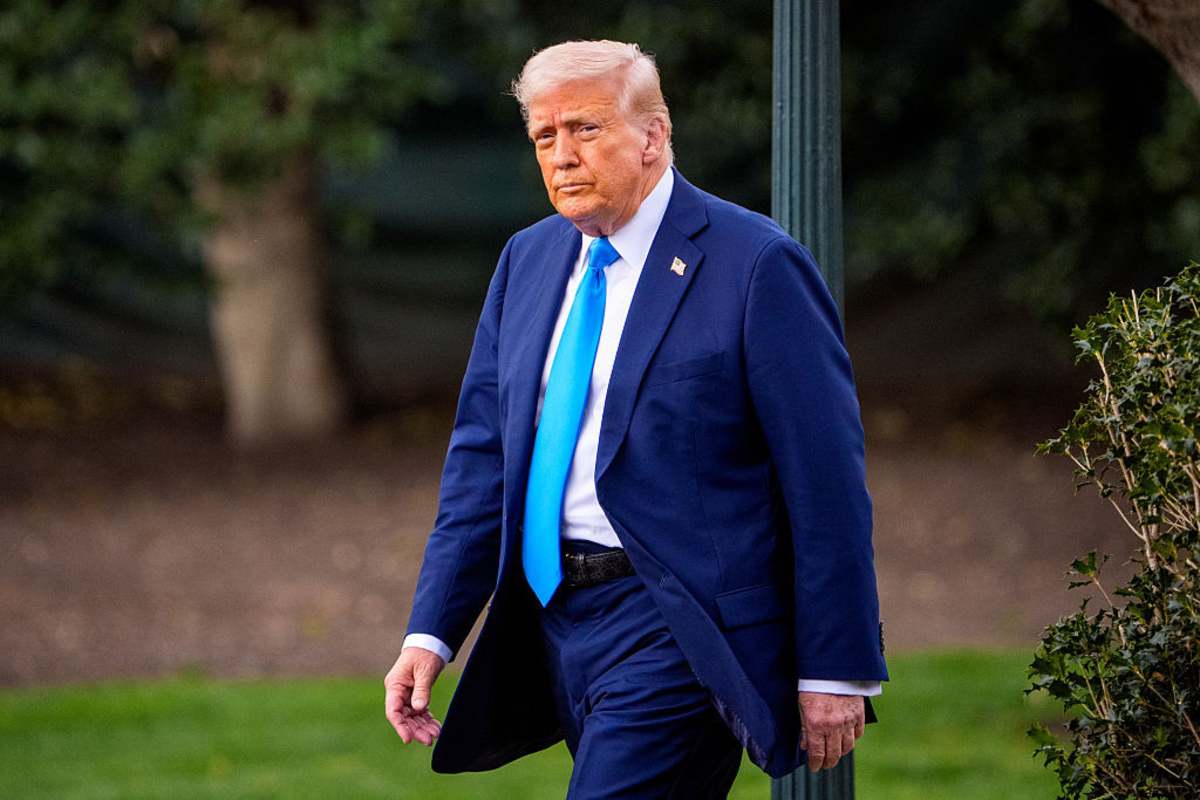
"Imagine yourself in a group and you don't trust others in the group, to cooperate, you think others might be likely to exploit you. In this situation, there's this idea that having a strong leader who punishes those who are rule breakers or don't cooperate or might exploit you, that reduces that kind of behavior and creates more cooperation or harmony," Nair said.
Interestingly, 85 percent of Black voters supported former vice president Kamala Harris in 2024, compared to 89 percent who backed former president Joe Biden in 2020 and 93 percent who backed former Secretary of State Hillary Clinton in 2016, per Newsweek.
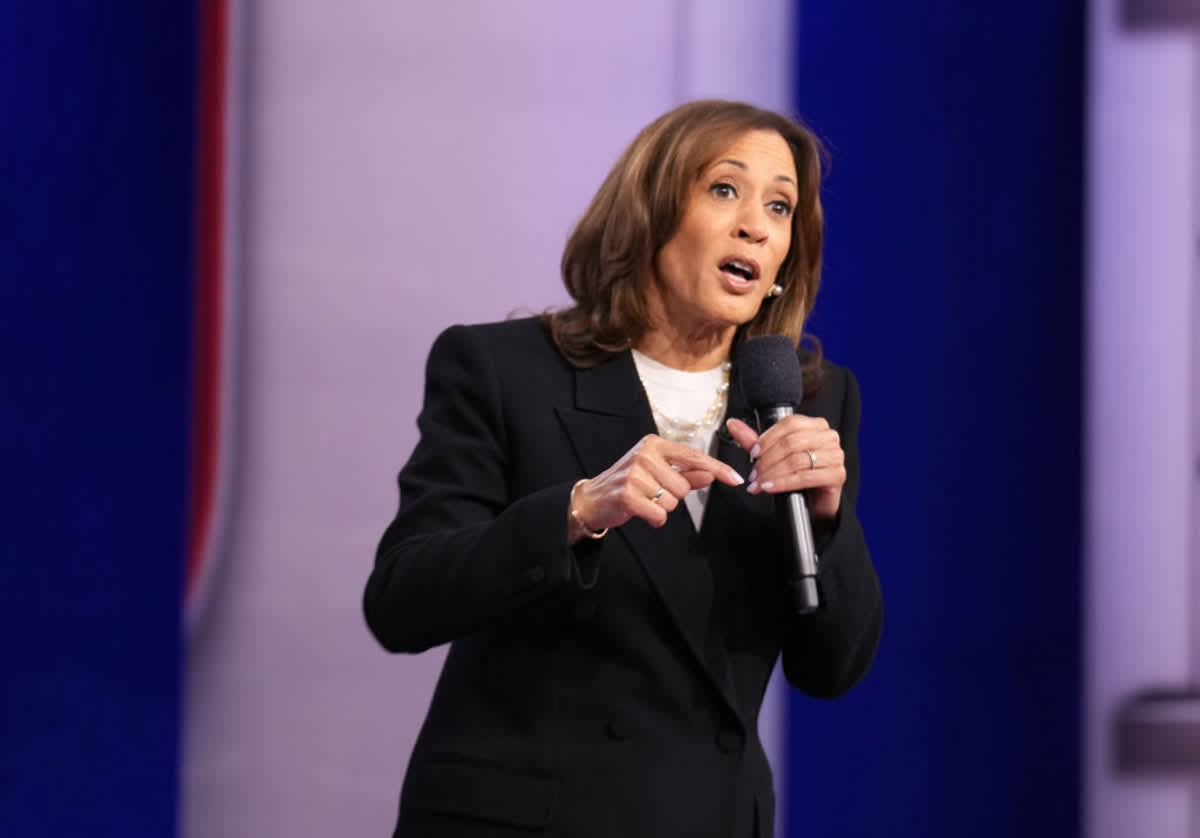
Similarly, 54 percent of Latino voters supported Harris, compared to 63 percent who supported Biden in 2020 and 70 percent who backed Clinton in 2016.


